MUSEVENI HAILS PDM PROGRESS IN KAMPALA, DONATES UGX 10M TO BENEFICIARY
PUBLISHED — 19th, July 2025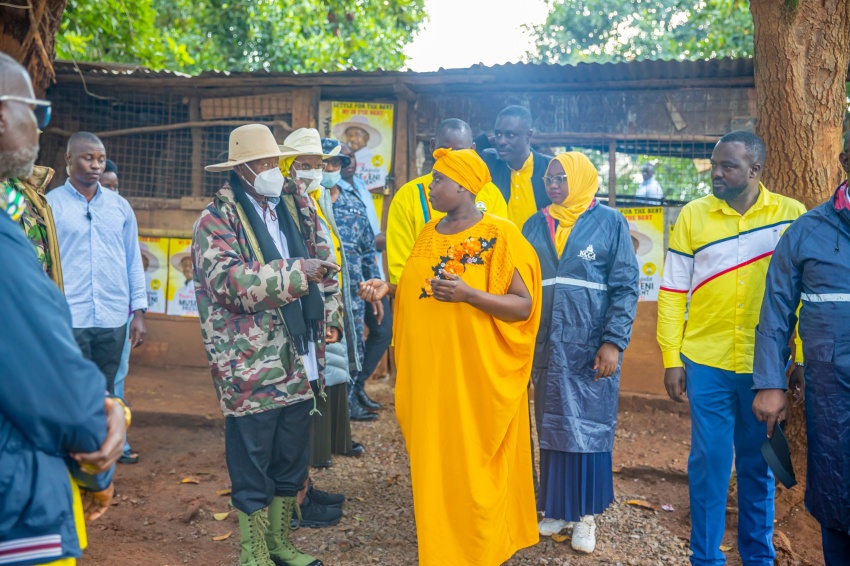
President Yoweri Kaguta Museveni has commended the impact of the Parish Development Model (PDM) in transforming urban livelihoods, citing it as a long-awaited solution to Uganda’s poverty puzzle that dates back to the 1960s.
While concluding his week-long tour of Kampala, President Museveni, accompanied by First Lady Janet Kataaha Museveni, visited Lilian Mbabazi, a beneficiary of the PDM from ITEK Parish in Nakawa Division.
Mbabazi, a poultry farmer, has turned her dream into reality through the support of the program, and now earns a monthly income of UGX 1.6 million from her layer chicken business.
“I’m happy to be here and see that people are finally waking up,” the President said, recalling how early Ugandan leaders lacked a clear strategy to enhance mass participation in the economy.
“In the 1960s, only 4% of the population was involved in the money economy. Even in my subcounty in Ntungamo, there were just six people involved. The rest were just surviving.” Museveni said.
According to the President, Uganda’s money economy participation has grown significantly from just 32% in 2012 to 61% in 2020.
He noted that Uganda’s development had been disrupted by political instability, including the Amin regime and subsequent wars. “We fought for 16 years, and when we returned, people were still where we had left them.”
But now, with programs like PDM and the four-acre model, Museveni said transformation is becoming tangible.
He urged Ugandans to embrace commercial agriculture and value addition to lift themselves out of poverty.
Mbabazi narrated her journey, saying she received UGX 1 million under PDM in 2022 and began with 125 broiler chicks. Through perseverance and reinvestment, she has now grown her business to 228 layer chickens, selling at least six trays of eggs daily, earning UGX 120,000 per day and accumulating UGX 3 million in profits.
“My dream was to rear layers, but the UGX 1 million wasn’t enough. I started small with broilers. After several cycles and savings, I finally managed to get layers,” Mbabazi said.
“Now I earn UGX 1.6 million monthly. My children are going to school, and I have savings of UGX 3 million. I thank Mzee Museveni because he got me from far.”
Her husband, Samuel Rukundo, praised the President and KCCA Executive Director Hajjat Sharifah Buzeki for supporting low-income earners through PDM. “We’ve been able to dream and plan for our future. PDM has changed our lives,” he said.
Moved by Mbabazi’s progress and determination, President Museveni donated UGX 10 million to support her business expansion and offered to buy her two acres of land to scale up her operations. “I believe in empowering the masses. Lilian is a shining example of what PDM can achieve,” the President noted.
KCCA Executive Director Hajjat Sharifah Buzeki, who accompanied the President, expressed gratitude for the program.
“We thank the President for introducing PDM and standing with the low-income earners in our city. Over 250 households have already benefited from the initiative in ITEK Parish alone,” Buzeki said.
Nakawa Division, with 23 parishes, has so far received UGX 6.6 billion under PDM, with each parish receiving UGX 300 million over the last three financial years.
Citywide, Kampala’s 98 parishes have so far received UGX 29.3 billion in revolving funds under the PDM. As of July 19, UGX 28.2 billion had been disbursed to 28,245 households, representing a 96.4% disbursement rate. The government aims to reach 29,300 households by the end of July 2025.
Later in the day, President Museveni and First Lady Janet Museveni met with Kampala NRM leaders at Makerere University Business School (MUBS), where he commended the growing involvement of young people in leadership.
“I congratulate our NRM leaders. I see many young people inducted into leadership, and that gives me great hope for the future,” he said.
The President’s visit reaffirmed the government’s commitment to grassroots development, economic inclusion, and sustainable urban transformation through the PDM framework.
News & Announcements
6th, December 2025
5th, December 2025
4th, December 2025
3rd, December 2025
2nd, December 2025
29th, November 2025
28th, November 2025
27th, November 2025
18th, November 2025
15th, November 2025


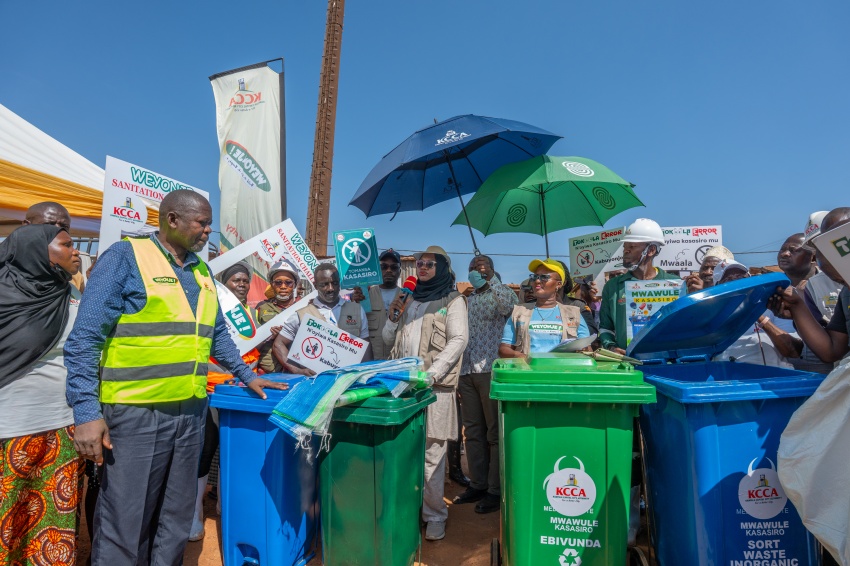

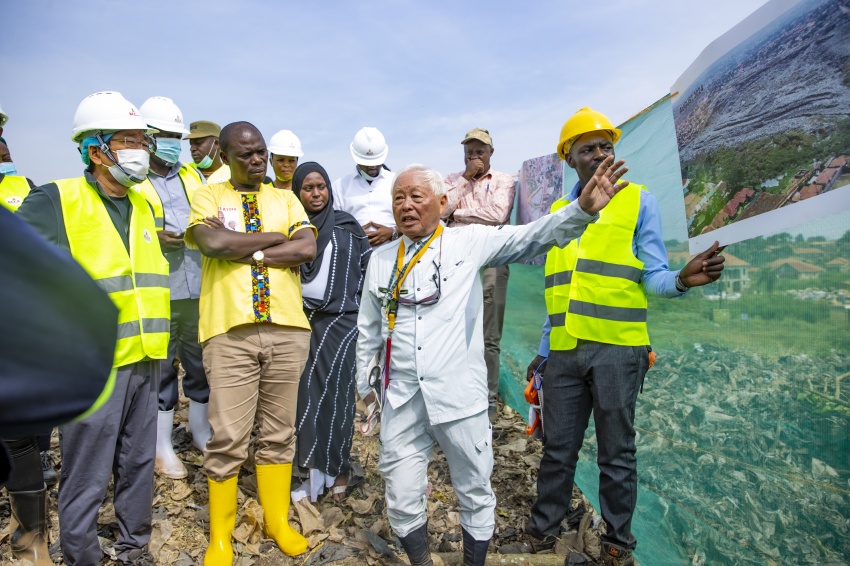
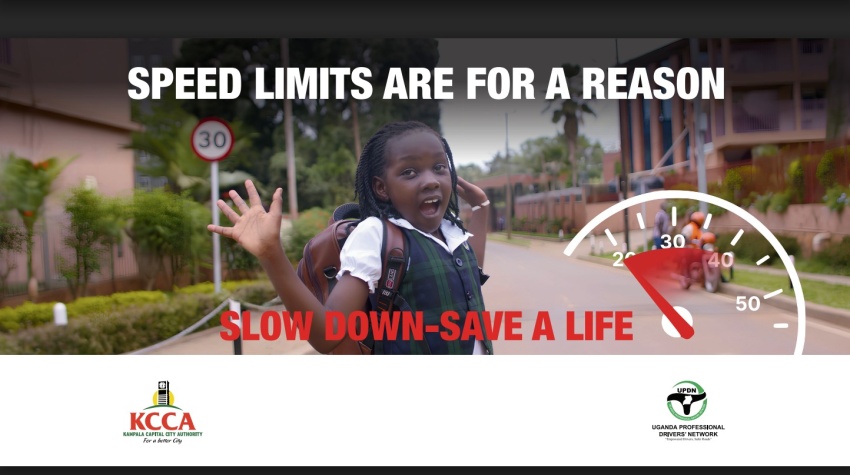
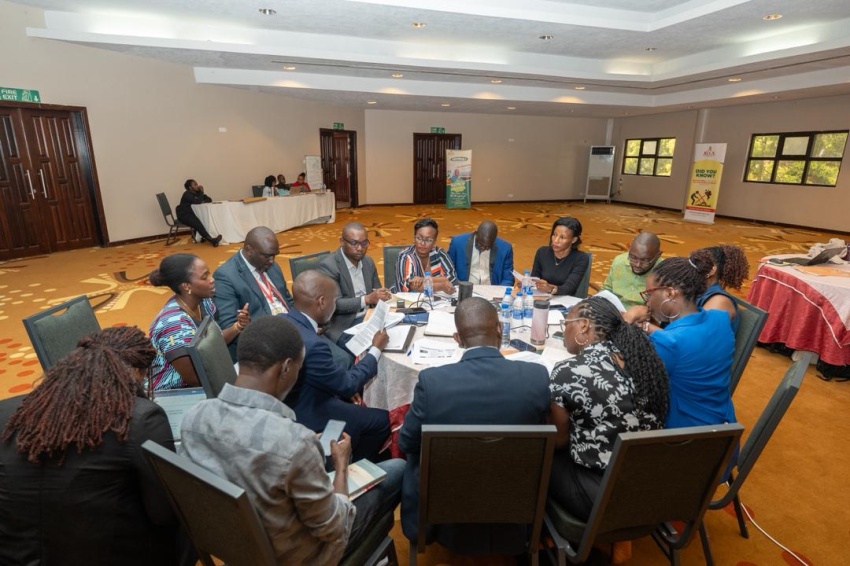
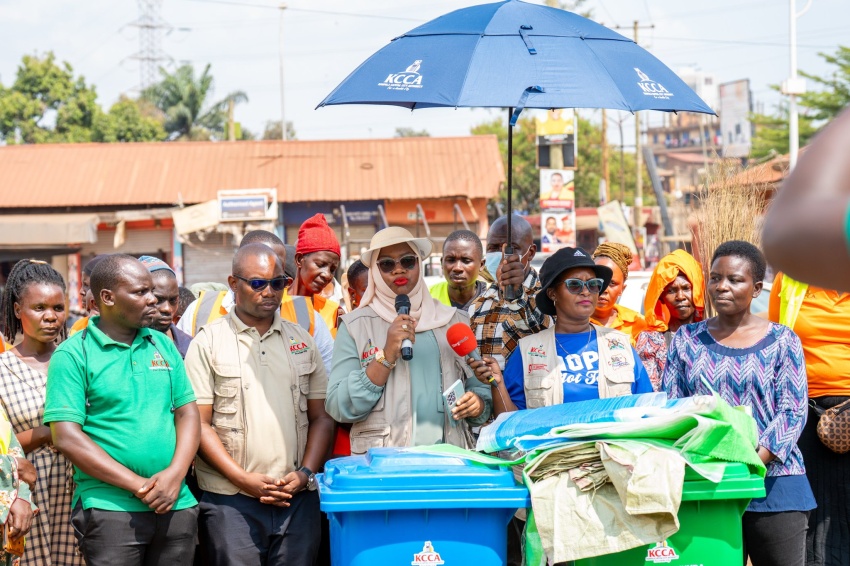
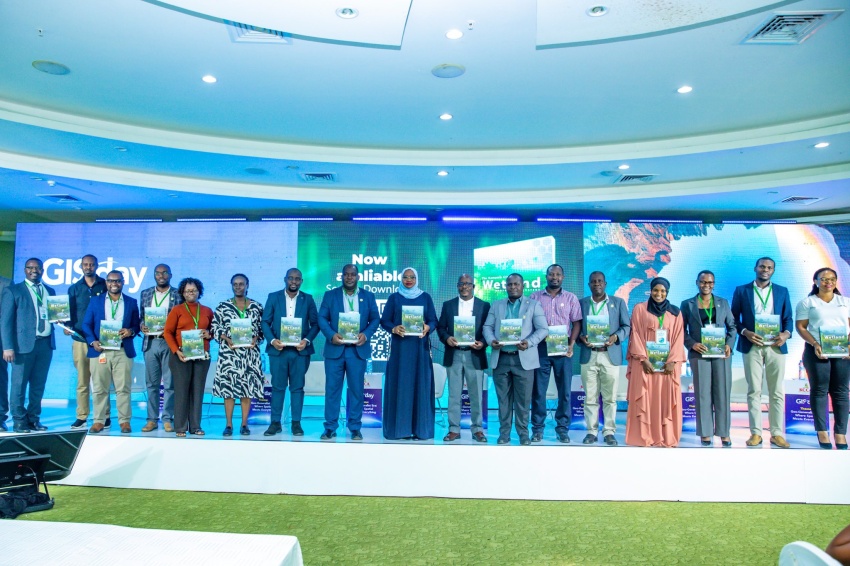
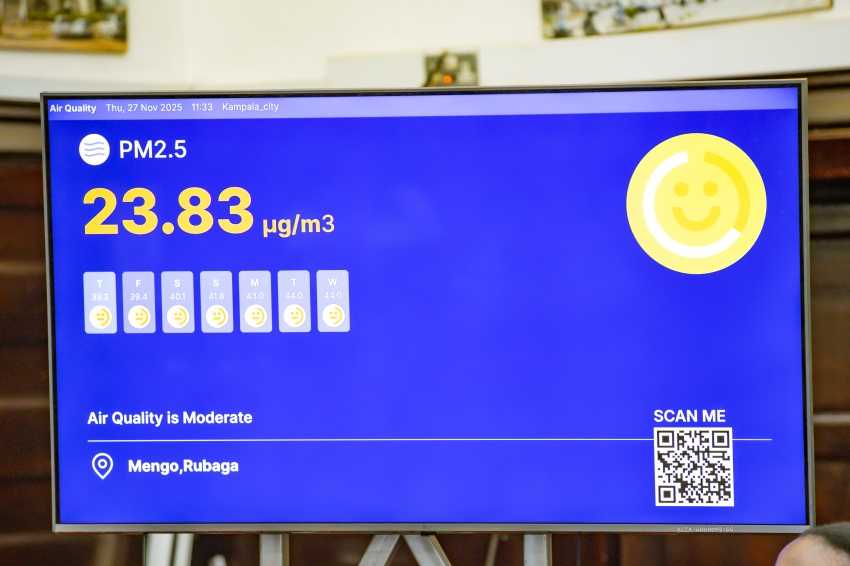
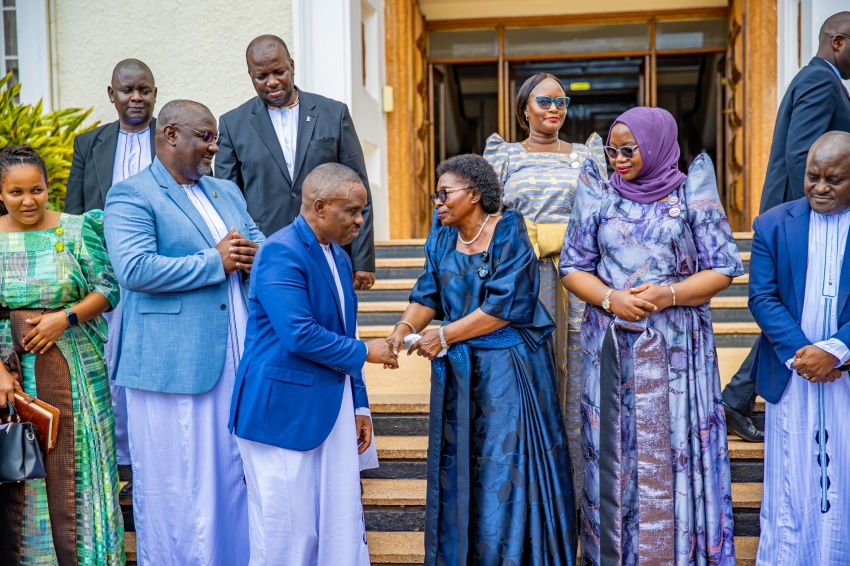
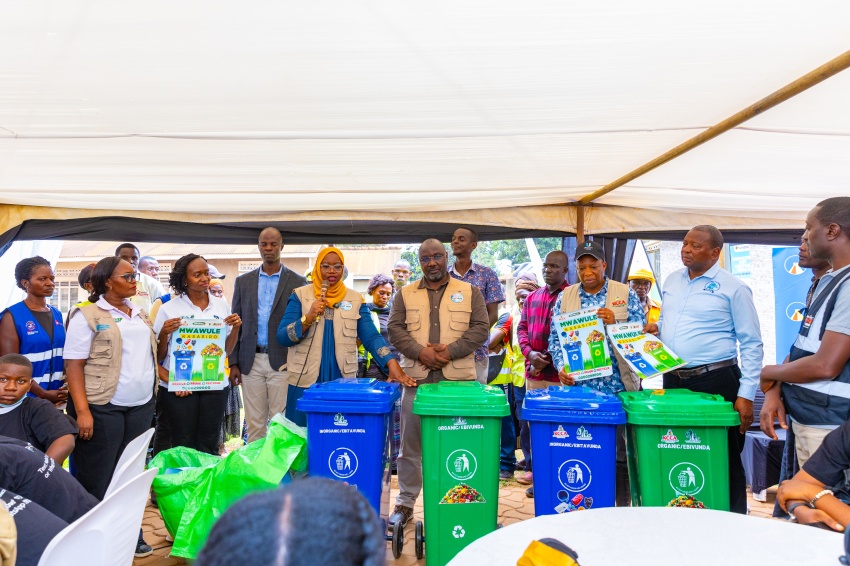









Development partners